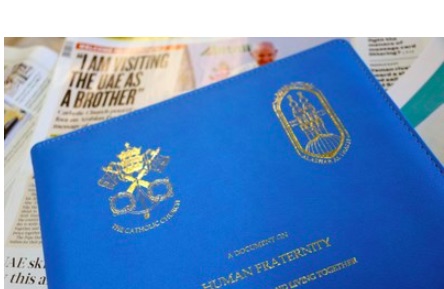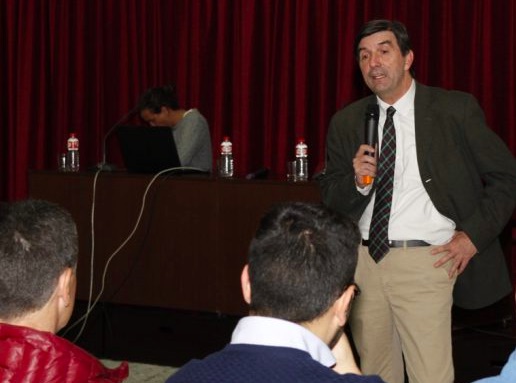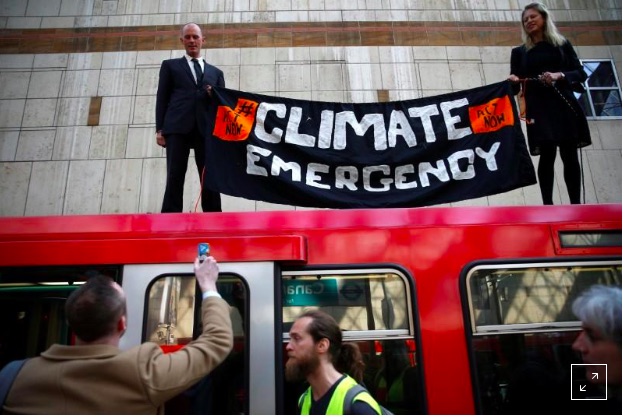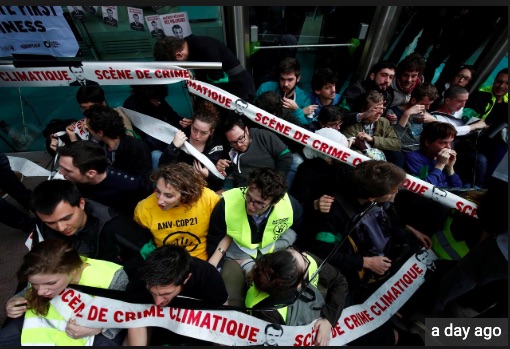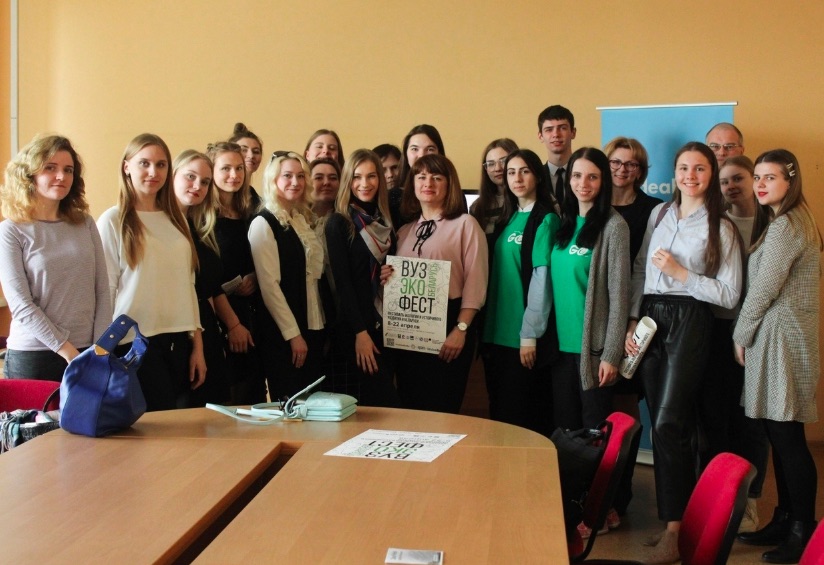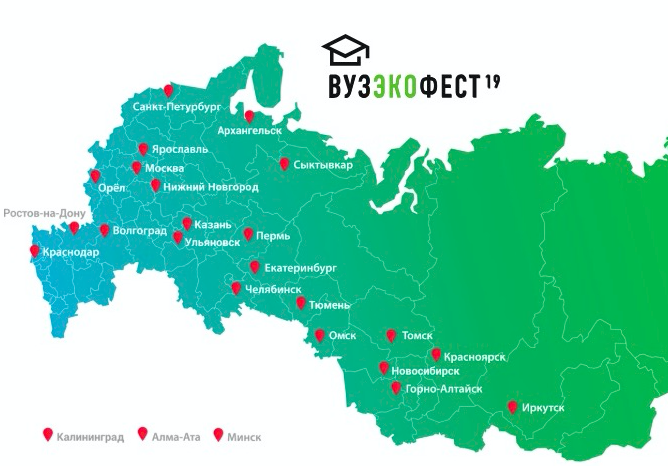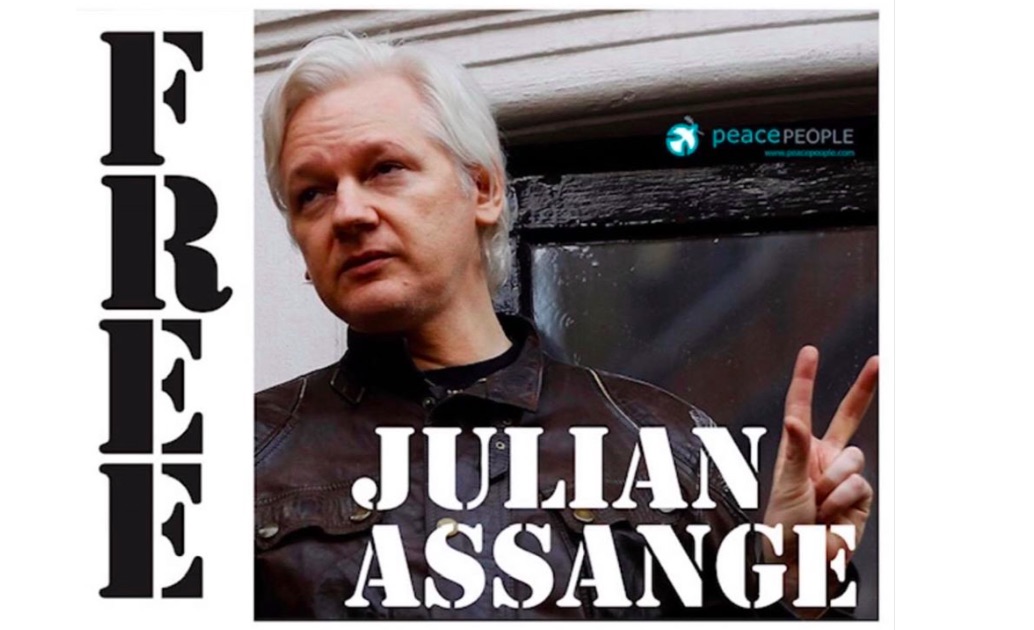TOLERANCE AND SOLIDARITY .
An article by Joshua J. McElwee in the National Catholic Reporter
Theologians, activists and bishops who took part in a Vatican conference earlier this month on the power of nonviolence to bring about social change are expressing hope that a future papal encyclical or teaching document will reexamine the Catholic Church’s teachings on war.
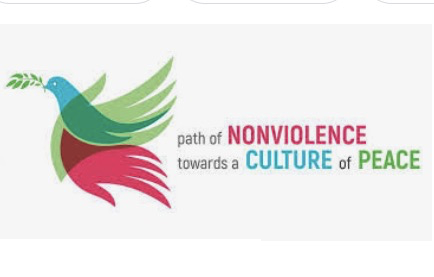
Participants gather in Vatican City April 4 for a meeting, co-hosted by Pax Christi International and the Dicastery for Promoting Integral Human Development, on the power of nonviolence to bring about social change. (Pax Christi International/Johnny Zokovitch)
Participants in the April 4-5 meeting, co-hosted by Pax Christi International and the Vatican’s Dicastery for Promoting Integral Human Development, said the reflections shared by the about 80 attendees provided ample material for Pope Francis to consider for a possible encyclical.
“Nonviolent strategies should be the centerpiece to the church’s approach to issues of war and peace and violence,” San Diego Bishop Robert McElroy, one of the event’s participants, told NCR.
Although McElroy said he was unsure whether Francis would want to devote an encyclical to the issue, he said it “would be helpful if the magisterium and the pope move toward a much fuller mainstreaming of the concept of nonviolence as an active force in the world as the central Christian response to elements of armed conflict and military engagement.”
Marie Dennis, co-president of Pax Christi, said that a papal encyclical on nonviolence would bring the concept “from the periphery of Catholic thought on war and peace to the center, mainstreaming nonviolence as a spirituality, lifestyle, a program of societal action and a universal ethic.”
“It would contribute in important ways to a culture of nonviolence and integral peace for the church and the world,” she said.
The April event was the second of its kind, following a 2016 meeting at the Vatican that reevaluated the church’s long-held teachings on just war theory, a tradition that uses a series of criteria to evaluate whether use of violence can be considered morally justifiable.
A number of theologians have criticized continued use of the theory in modern times, saying that both the powerful capabilities of modern weapons and evidence of the effectiveness of nonviolent campaigns make it outdated.
The participants of the earlier event had called on Francis to consider writing an encyclical on the issue. They declared in a final statement: “There is no ‘just war.’ ”
Judy Coode, who helped organize the April 2019 meeting as coordinator of Pax Christi’s Catholic Nonviolence Initiative, said the event was intended to “deepen a conversation on the church’s role in teaching and promoting nonviolence.”
Coode said her organization had been preparing the conference for about a year, tasking five working groups around the world to write papers on specific aspects of nonviolence that would be discussed at the gathering.
Among those taking part in the meeting were officials with the Vatican dicastery, including Cardinal Peter Turkson, representatives of various bishops’ conferences, Catholic organizations such as Caritas Internationalis, nonviolence activists from various conflict zones, and military chaplains.
Also present for the discussions were Cardinal Joseph Tobin of Newark, New Jersey; Archbishop John Baptist Odama of Gulu, Uganda; and Archbishop José Luis Azuaje of Maracaibo, Venezuela, president of his country’s national conference. Chicago Cardinal Blase Cupich could not attend, but sent a letter to the participants.
(Article continued in right column.)
Question for this article
Religion: a barrier or a way to peace?, What makes it one or the other?
(Article continued from left column.)
McElroy described the presentations at the two-day event as “a very poignant series of engagements with tremendously haunting and tragic and yet hopeful situations around the world, where violence has been effectively combated and deterred by nonviolent action.”
“Many people were discussing how, on the ground, adopting a stance of nonviolence toward what would usually be thought of as situations where violence was the answer had in fact resulted in better, more humane, longer-lasting, [and] more just outcomes,” he said.
Dennis noted that many of the participants had come from communities experiencing violence and spoke about nonviolence “as a spirituality, a distinct virtue, a way of life rooted in the Gospel, and a potentially powerful tool for transforming violent situations.”
“It was very encouraging to see such a diverse group of people with very different roles in the church and from different contexts and cultures fully engaged in articulating a way … to promote a paradigm shift in a violent world toward cultures of nonviolence and just peace,” she said.
Fr. Emmanuel Katongole, a native Ugandan who is a theologian at the University of Notre Dame and also took part in the meeting, suggested that Francis was already “ahead” of the event’s participants with his focus on nonviolence.
Katongole pointed to how the pope frequently speaks of the church as being like a field hospital in the midst of battle, and to Francis’ decision to focus his message for 2017’s World Day of Peace on nonviolence as “a style of politics for peace.”
“You can see that he is already moving in that direction; he is already in a way ahead of us,” said Katongole, whose work has focused on violence and reconciliation across Africa.
“We are not really proposing something new,” he said. “Pope Francis is already ahead of us in this call to nonviolence.”
Terrence Rynne, another conference participant, said he was impressed by the way the event brought in experts from various continents and by the involvement of the bishops present.
“That was the most striking part of it for me, that it was the global church present,” said Rynne, a theologian who is also an NCR board member. He likewise praised the role of Pax Christi’s Dennis, who helped Coode arrange all the details of the event with the Vatican dicastery.
Dennis, whose term co-leading the international organization is ending this summer after 12 years, was also praised by Fr. John Dear, another participant in the meeting.
“Over the years of this process, Marie Dennis has emerged as one of the most important and influential leaders right now in the global church,” said Dear, who is known for his extensive spiritual writings and peace activism.
“Her extraordinary leadership, along with the openness of the Vatican dicastery, I think, is going to bear tremendous good fruit for the global church,” he said.
Katongole said that during the meeting he was reflecting on the fact that the event was taking place near the 25th anniversary of the Rwandan genocide, which was marked April 7.
He remembered speaking some years ago to a bishop from the country who noted that some Catholics had participated in the killing and said his greatest challenge was “forming people who can say no to killing.”
“For me, the Rwanda genocide is in the back of my mind, and the question of this bishop: How do we form Christians who can say no to killing?” said Katongole. “The call of the Gospel is a call to nonviolence as the way of God.”
He said that if Francis chose to write an encyclical on nonviolence it would “set a tone for the church” that would “free our imagination from the inevitability of war and violence.”
Katongole said he imagined that such an encyclical would contain reflections on places where nonviolent strategies have worked, calling them “stories of hope, where you can see this already in place.”
“It will be really an encyclical about hope,” he said. “I think Pope Francis more than any pope … is more in a position to make this clarion call.”



